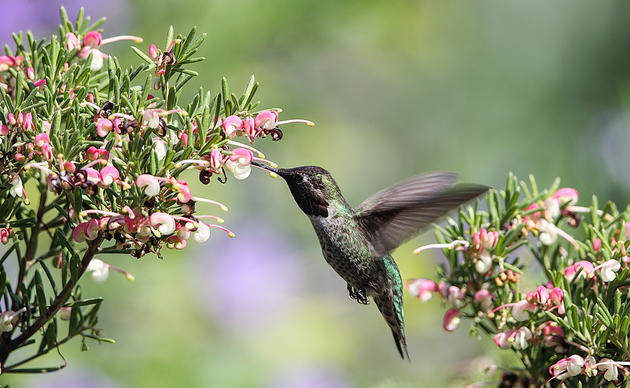Drought legislation sponsored by California Sen. Dianne Feinstein today continued to move quickly through the Senate, prompting concerns that compromises to assure its passage could have disastrous results for birds and other wildlife in the Central Valley.
While Senate Bill 2198 had a number of considerations for birds and habitat as necessary for comprehensive drought relief when it was first introduced, most of those items have been stripped away in order to accelerate a floor vote. It is also looking increasingly likely that when Feinstein’s legislation is reconciled with drought legislation that passed out of the House of Representatives earlier this year, there will be a push to include some or all of that bill’s worst elements – including the diversion of water away from Central Valley wildlife refuges, a suspension of Endangered Species Act protections and curtailment of the San Joaquin River Restoration.
“Some legislators are already calling upon Sen. Feinstein to accept changes to her bill that would have disastrous consequences for California’s birds and wildlife,” said Mike Lynes, Audubon California’s director of public policy. “It is vital that Sen. Feinstein stand firm against those who will exploit this crisis in the hope of rolling back our commitments to the refuges and our environmental protections. The small amounts of water going to refuges didn’t cause the drought, and yet increasingly we’re seeing that argument used by parties who have always opposed ecological conservation and the Endangered Species Act.
A century ago, Central Valley wetlands supported 40 million migrating waterfowl along the Pacific Flyway. By the 1980s, however, 95 percent of those wetlands had been lost to the creation of the great agricultural engine and communities that make up the Valley today. The 19 Central Valley wetland refuges are the last vestiges of that habitat, and millions of birds depend on them for survival.
Acknowledging the massive impacts to wildlife from federal irrigation, Congress in 1992 passed the Central Valley Project Improvement Act (CVPIA) to support habitat for birds, fish and other wildlife in the Central Valley. This legislation mandated minimum allocations of water to the network of federal wildlife refuges, state wildlife areas and private wetlands in the Central Valley.
“Birds and wildlife are suffering right alongside other sectors of the Central Valley due to this drought,” added Lynes. “Given the billions we have invested to protect birds and habitats in the Central Valley over the years, now is not the time to chuck all that out for limited, short-term relief.”
By Daniela Ogden
Monthly Giving
Our monthly giving program offers the peace of mind that you’re doing your part every day.




